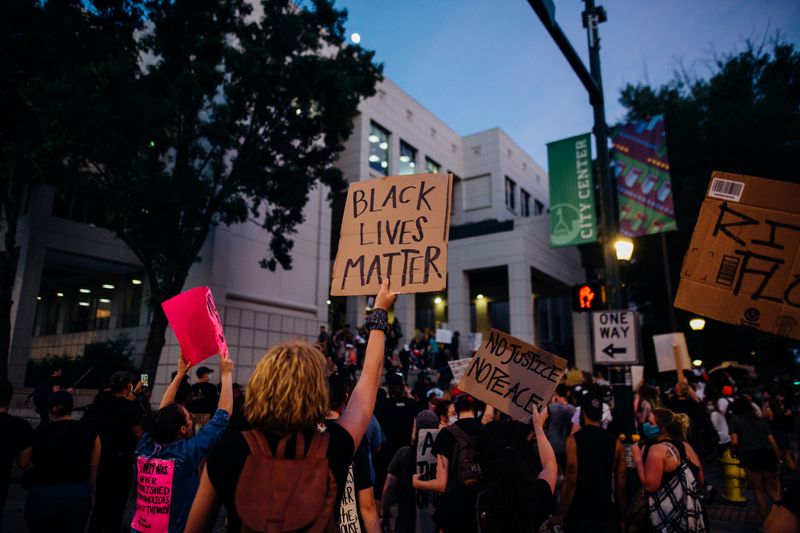Table of Contents
Greenpeace Blocks Equinor‘s Illegal Toxic Waste Export
Introduction
In a peaceful demonstration of protest against the Norwegian oil industry’s export of toxic wastewater to Denmark, four activists from Greenpeace Nordic took action to block a tanker carrying up to 9,000 tonnes of hazardous waste from Equinor‘s refinery at Mongstad. This act brings attention to the violation of the Basel Convention, a treaty that regulates the export of hazardous waste. The protesters argue that Equinor must take responsibility for its waste and cease the illegal export to Denmark, which has been ongoing for over twenty-five years, causing pollution in Danish waters.
Background
Equinor, the state-owned oil company in Norway, is one of the major players involved in the export of toxic wastewater to Denmark. Reports estimate that as much as 150,000 tonnes of toxic water are exported each year, leading to contamination of Danish waters. The current treatment methods fail to remove harmful chemicals such as PFOS and PAHs, resulting in a decline in fish populations and posing risks to human health. The wastewater released into Danish waters contains low concentrations of oil and toxic chemicals, making it harmful to both nature and humans.
The Harmful Consequences of Oil Production
The illegal export of toxic water by Equinor is emblematic of the fossil fuel industry’s long history of harmful activities. It highlights the need for accountability on the part of the industry for the detrimental consequences of oil production on both people and the planet. Greenpeace argues that stopping Equinor‘s illegal export of toxic water to Denmark is a crucial step towards holding the fossil fuel industry accountable for its actions.
Philosophical Discussion: Environmental Activism and its Role
This act of environmental activism raises important philosophical questions about the responsibility of industries and the role of individuals and non-governmental organizations (NGOs) in holding them accountable. Activist groups like Greenpeace play a vital role in drawing attention to environmental issues and pushing for necessary changes. However, some may argue that the use of direct action, such as attaching sailboats to tankers, could be seen as illegal or disruptive, leading to negative consequences. Balancing the right to protest with concerns about public safety and legal boundaries is a prominent ethical consideration in activism.
The Power of Civil Disobedience
Civil disobedience, as demonstrated by Greenpeace in this instance, has a long history of being a catalyst for social and political change. By confronting authorities through non-violent means, activists bring attention to injustices and inspire collective action. While there may be debate about the effectiveness and ethics of civil disobedience, it often serves as a tool for underrepresented groups to challenge powerful entities and demand accountability.
Editorial: The Need for Accountability and Change
Equinor‘s Responsibility
Equinor, as a prominent player in the Norwegian oil industry, must take immediate responsibility for its actions. The illegal export of toxic wastewater to Denmark not only violates international treaties but also poses significant risks to the environment and public health. Equinor must halt this practice and take measures to clean up the mess it has created.
International Cooperation and Regulations
This incident highlights the importance of international cooperation and the need for stricter regulations governing hazardous waste export. The Basel Convention, in place to prevent the transfer of hazardous waste from developed to less developed countries, should be enforced more rigorously to prevent violations like these. Additionally, countries must collaborate and share responsibility in addressing the environmental consequences of their industrial activities.
Towards Sustainable Alternatives
The incident also underscores the urgent need to transition away from fossil fuel reliance and develop sustainable alternatives. By investing in renewable energy sources and implementing stricter regulations on waste management, countries like Norway can lead the way in mitigating the environmental impacts of their industries. This transition will not only protect the environment but also create new job opportunities in renewable energy sectors.
Advice: Taking Action for a Sustainable Future
Individual Responsibility
While industries must be held accountable, individuals can also make a difference in promoting sustainability. By making conscious choices in their daily lives, such as reducing energy consumption, supporting renewable energy initiatives, and advocating for stricter environmental regulations, individuals can contribute to a more sustainable future.
Supporting Environmental Advocacy
Supporting organizations like Greenpeace through donations, volunteering, or raising awareness about their causes can help drive change and bring attention to environmental issues. By amplifying the voices of those advocating for a greener future, individuals can contribute to the collective effort toward a more sustainable and just world.
Pushing for Policy Changes
Citizens can also engage with their elected representatives to push for policy changes that prioritize environmental protection. By voicing concerns and advocating for stronger regulations, individuals can contribute to shaping legislation that holds industries accountable and promotes sustainable practices.
In conclusion, Greenpeace‘s protest against Equinor‘s illegal export of toxic waste to Denmark highlights the urgent need for accountability and change in the fossil fuel industry. This incident calls for international cooperation, stricter regulations, and a transition towards sustainable alternatives. It also emphasizes the role of individuals in taking responsibility for their environmental footprint and supporting environmental advocacy efforts. By working together, society can pave the way for a more sustainable and just future.

<< photo by Kelly >>
The image is for illustrative purposes only and does not depict the actual situation.
You might want to read !
- From Ignorance to Wonder: How Roger Payne Made the World Listen to Whales
- “Join the Fight for the Deep Sea: Global Day of Action to Protect Our Oceans”
- “The Art of Activism: Greenpeace Installs Monumental Piece to Promote Global Plastic Treaty”
- The Oversight of Fossil Fuels in the Plastic Treaty Negotiations
- The Urgent Need for a Global Plastics Treaty to Limit Production and End Pollution